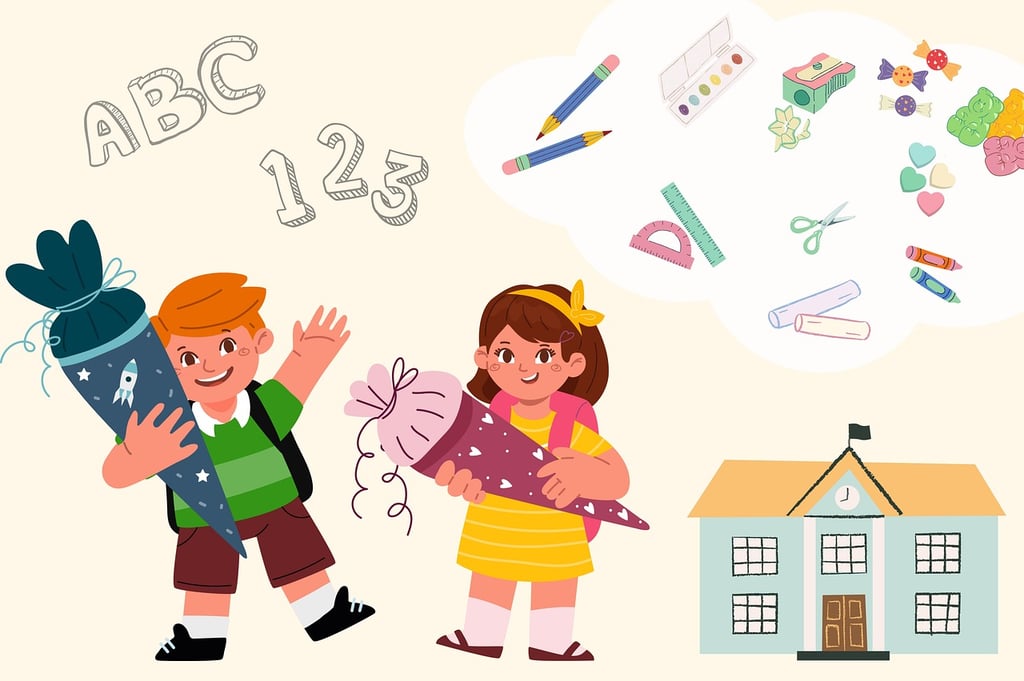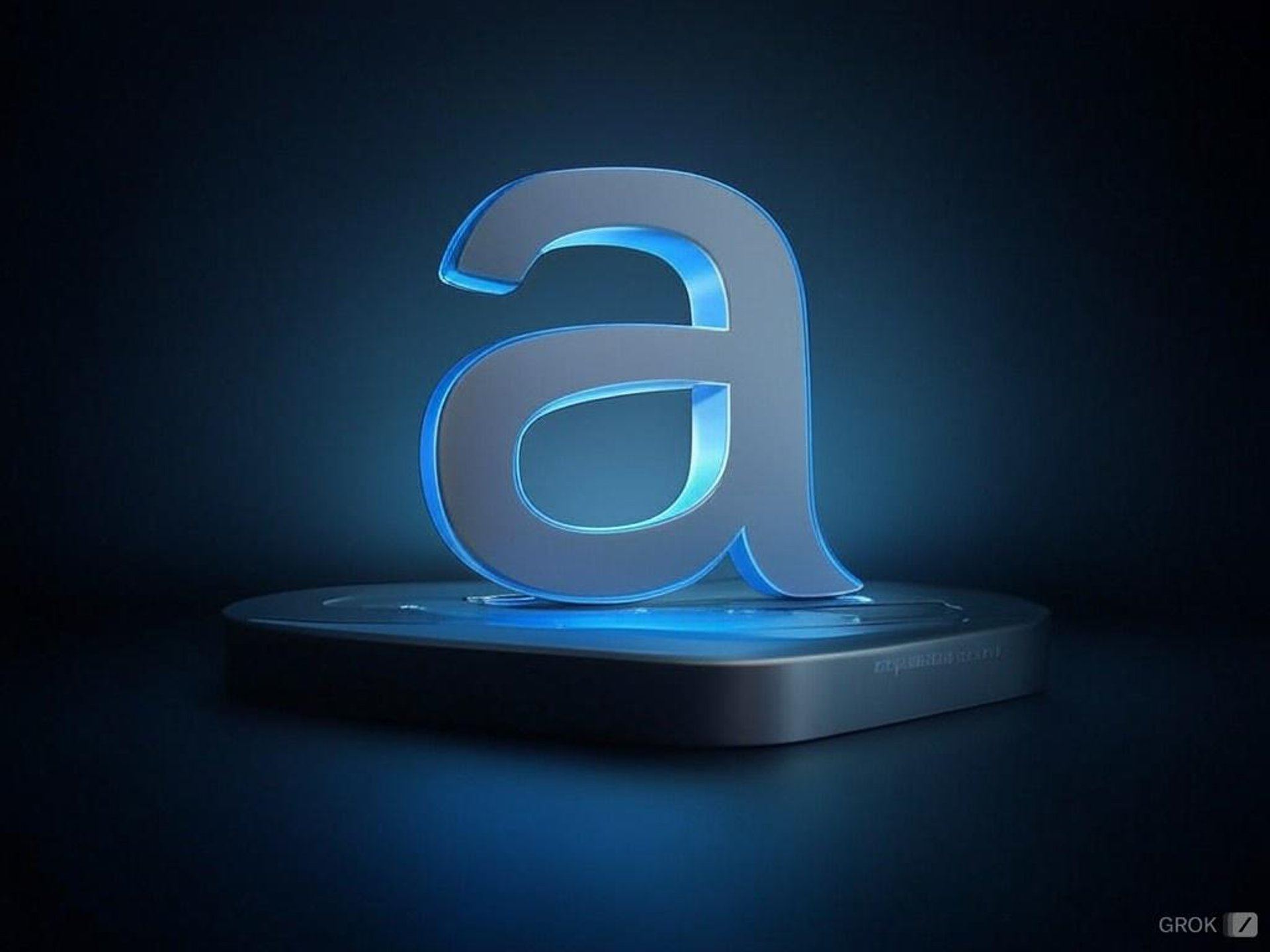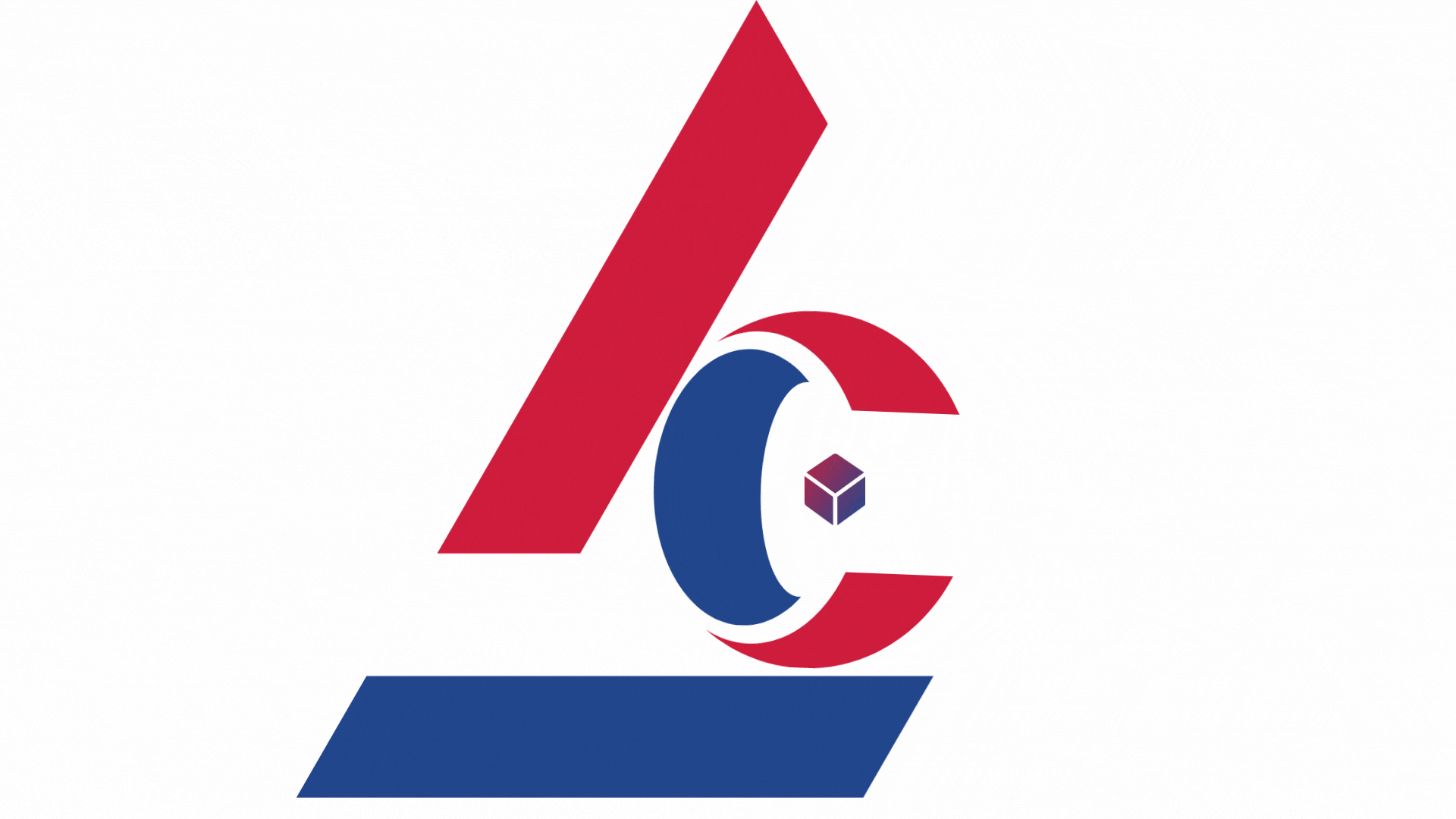AI RAG Agentic Agents Are Breaking Barriers
How AI RAG Agentic Agents can make a big difference for Dyslexia/Autism related language learning challenges
Rashmi S
9/8/20253 min read


How AI RAG Agentic Agents Are Breaking Barriers for Dyslexia and Autism Language Learning
For individuals with dyslexia and autism, traditional language learning approaches often fall short of addressing their unique neurological differences. AI RAG (Retrieval-Augmented Generation) Agentic agents are emerging as powerful tools that can adapt to these specific learning needs, creating truly inclusive educational experiences that work with, not against, neurodivergent thinking patterns.
Understanding the Challenge
Children and adults with dyslexia often struggle with phonological processing, reading fluency, and working memory challenges. Those with autism may face difficulties with social communication, sensory processing, and need for predictable routines. Traditional language learning tools typically follow one-size-fits-all approaches that can overwhelm or underserve these learners.
What Are RAG Agentic Agents?
RAG Agentic agents combine intelligent retrieval systems with generative AI to create adaptive learning companions. These agents can access specialized knowledge about neurodivergent learning patterns while generating personalized content and support strategies in real-time.
Transforming Language Learning for Neurodivergent Minds
1. Multi-Sensory Learning Adaptation
RAG agents can instantly retrieve and generate content using visual, auditory, and kinesthetic approaches. For dyslexic learners, this might mean converting text to speech, using color-coding for phonetic patterns, or creating visual word maps. For autistic learners, it could involve structured visual schedules and predictable interaction patterns.
2. Cognitive Load Management
These intelligent agents monitor learning progress and automatically adjust complexity levels. They can break down overwhelming tasks into manageable steps, provide processing time between instructions, and offer multiple representation formats to reduce cognitive strain.
3. Personalized Processing Speed
Unlike traditional tools, RAG agents adapt to individual processing speeds. They can slow down, repeat information, or provide additional processing time without judgment, creating a pressure-free learning environment essential for neurodivergent success.
4. Social Communication Support
For autistic learners, agents can provide structured social language practice with predictable patterns, clear context cues, and explicit instruction about communication nuances that neurotypical learners might pick up intuitively.
5. Strength-Based Learning
These agents identify and leverage individual strengths—such as visual thinking in dyslexia or systematic processing in autism—while providing targeted support for challenging areas.
Key Benefits for Neurodivergent Learners
Reduced Anxiety: Consistent, patient AI interactions eliminate social pressure and fear of judgment, creating safe learning spaces.
Executive Function Support: Agents provide structure, reminders, and step-by-step guidance to help with planning and organization challenges.
Sensory Accommodation: Automatic adjustment of visual, auditory, and interactive elements based on individual sensory preferences and needs.
Memory Reinforcement: Intelligent spaced repetition and multi-modal memory cues that work with dyslexic and autistic memory patterns.
Self-Advocacy Skills: Learners develop confidence by experiencing success in a supportive environment that celebrates their unique thinking styles.
The Technology Behind Inclusive Learning
RAG Agentic agents leverage:
Specialized Knowledge Bases containing research-backed strategies for dyslexia and autism
Adaptive Interface Design that adjusts to sensory and cognitive needs
Pattern Recognition to identify individual learning preferences and challenges
Real-time Accommodation providing instant support without breaking learning flow
Breaking Down Educational Barriers
Traditional educational approaches often require neurodivergent learners to adapt to rigid systems. RAG Agentic agents flip this paradigm, creating learning environments that adapt to neurodivergent minds. This isn't just accommodation—it's recognition that different neurological wiring brings unique strengths to language learning.
Looking Ahead
As AI technology advances, we're moving toward truly inclusive educational tools that don't just tolerate neurodivergent differences but celebrate and leverage them. The future promises AI agents that can identify and nurture the exceptional pattern recognition, visual thinking, and systematic processing abilities often found in dyslexic and autistic minds.
For families and educators supporting neurodivergent learners, AI RAG Agentic agents represent hope for educational tools that finally understand and work with, rather than against, the beautiful complexity of different minds. Hence at Eupheus we are taking all the possible measures to explore AI RAG Agentic agents to be embedded in our tool, enabling an immersive learning experience for learners with dyslexia/autism.
At Eupheus, we believe every mind learns differently, and technology should adapt to support each learner's unique journey toward communication confidence and success.

Co-ordinates
© 2024 Lowercase Solutions Ltd. All rights reserved. All information, content, and materials on this website are the property of Lowercase Solutions Ltd. and may not be reproduced, distributed, or used without prior written permission.
info@lowercase.org.uk
Registered & Trading Office :Regus House, Herald Way, Pegasus Business Park, Nottingham, Nottinghamshire, DE74 2TZ, United Kingdom
